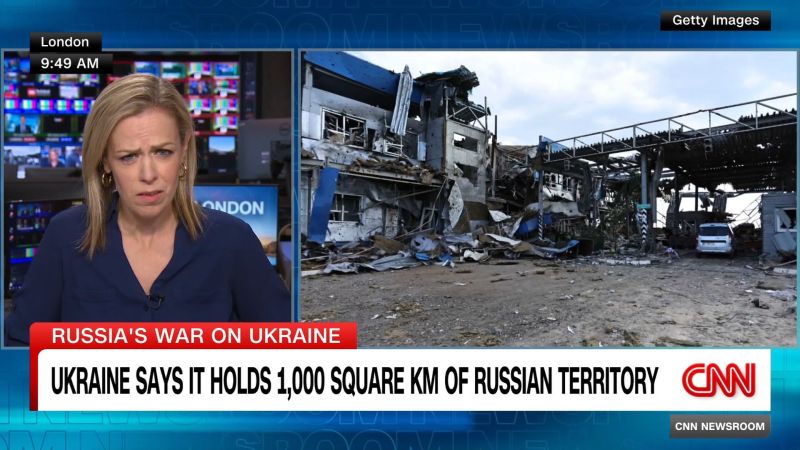As the events in Europe continue to unfold, it is becoming increasingly evident that Ukraine’s march into Russia is a glaring indicator of a deeper issue at hand – President Vladimir Putin’s crisis management problem. The confrontation between Russia and Ukraine, intensifying over the past months, has failed to spotlight Russia’s military strength; instead, it has shone a harsh light on the flaws in Putin’s regime.
To begin with, the origins of the conflict are deeply entwined with Putin’s administration. Sparked by Russia’s annexation of Crimea in 2014, the Ukrainian conflict has escalated due to the Kremlin’s support for separatists in Eastern Ukraine. It is a manifestation of the political turmoil and aggressive foreign policy adopted by Putin to reestablish Russia’s dominance in the post-Soviet space.
As Ukraine marches into Russia, Putin’s management of the crisis has been marked by a series of strategically questionable decisions. His refusal to engage in meaningful dialogue with Ukraine, the blatant resistance to international mediation efforts, and the continuation of an assertive foreign policy have only escalated the conflict, presenting his decision-making capabilities in a questionable light.
Furthermore, Putin’s management of the internal crisis has been equally problematic. The suppression of dissenting voices, media censorship, and increased repression have alienated the Russian populace. The discontent and protests erupting across the country highlight Putin’s failure to garner domestic support for his aggressive foreign policy and failing economic decisions.
In terms of economic performance, Putin’s regime has depended heavily on the production of oil and natural gas. The Ukrainian crisis has only heightened the economic instability. Western-imposed sanctions paired with declining oil prices have exacerbated Russia’s economic downturn, pointing towards a lack of strong economic planning within Putin’s leadership.
The Ukrainian incursion into Russia has also spotlighted Putin’s strained relations with the West. Putin’s manoeuvres have alarmed NATO, triggered sanctions from the United States, and led to rampant criticism from EU nations. This international condemnation suggests a lack of diplomacy and negotiation in Putin’s crisis management, further distancing Russia on the global stage.
Another aspect underlining Putin’s crisis management problems is Russia’s military strategy. The considerable resources deployed on the Ukrainian border have arguably resulted in a military stalemate, bringing into question the effectiveness of Russia’s military strategy under Putin.
Overall, the march of Ukraine into Russia has not only exhibited the hostility and tension between the two nations but has also unveiled a broader crisis within the leading Russian government. Putin’s management of this crisis has been marked by strategic missteps, internal repression, economic downturns, strained international relations, and questionable military strategies. It is clear that Putin’s crisis management problem is a significant factor in the current political scenario, with implications echoing far beyond the borders of Ukraine and Russia.




